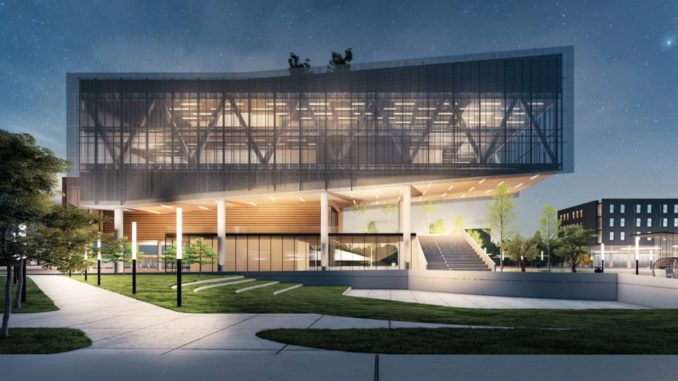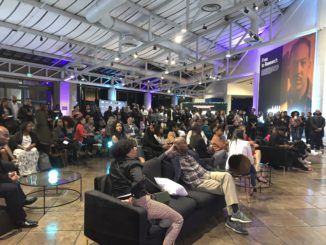
Apple is taking a step into the future by being on the right side of history. The tech company launched a series of new developments funded by its $100 million Racial Equity and Justice Initiative (REJI) in an effort to unravel the racially systemic barriers and injustices facing Black, Indigenous, and People of Color (BIPOC) communities while aiming to expand opportunities to these demographics that will advance a new sector of diverse leaders.
“We are all accountable to the urgent work of building a more just, more equitable world — and these new projects send a clear signal of Apple’s enduring commitment,” said Tim Cook, CEO of Apple. “We’re launching REJI’s latest initiatives with partners across a broad range of industries and backgrounds — from students to teachers, developers to entrepreneurs, and community organizers to justice advocates — working together to empower communities that have borne the brunt of racism and discrimination for far too long. We are honored to help bring this vision to bear, and to match our words and actions to the values of equity and inclusion we have always prized at Apple.”
One of the projects include a global innovation and learning center for Historically Black Colleges and Universities (HBCUs) called the Propel Center. Detroit, a city that has been riddled by poverty and crime as a result of the desertion of the urban city, will receive the Apple Developer Academy to support students in coding and tech education. The initiative will also provide resources for venture capital funding targeting Black and Brown entrepreneurs.
Ideation of REJI first came to fruition during the 2020 nationwide uprising against racial inequality and social injustice in protest of the deaths of Ahmaud Arbery, Breonna Taylor, George Floyd and other Black people unjustly killed due to police brutality or racial discrimination.
Lisa Jackson, vice president of Environment, Policy and Social Initiatives, leads the initiatives.
“Every individual deserves equal access to opportunity regardless of skin color or zip code,” said Jackson. “For too long, communities of color have faced gross injustices and institutional barriers to their pursuit of the American dream, and we are proud to lend our voices and resources to build new engines of opportunity that empower, inspire, and create meaningful change.”



